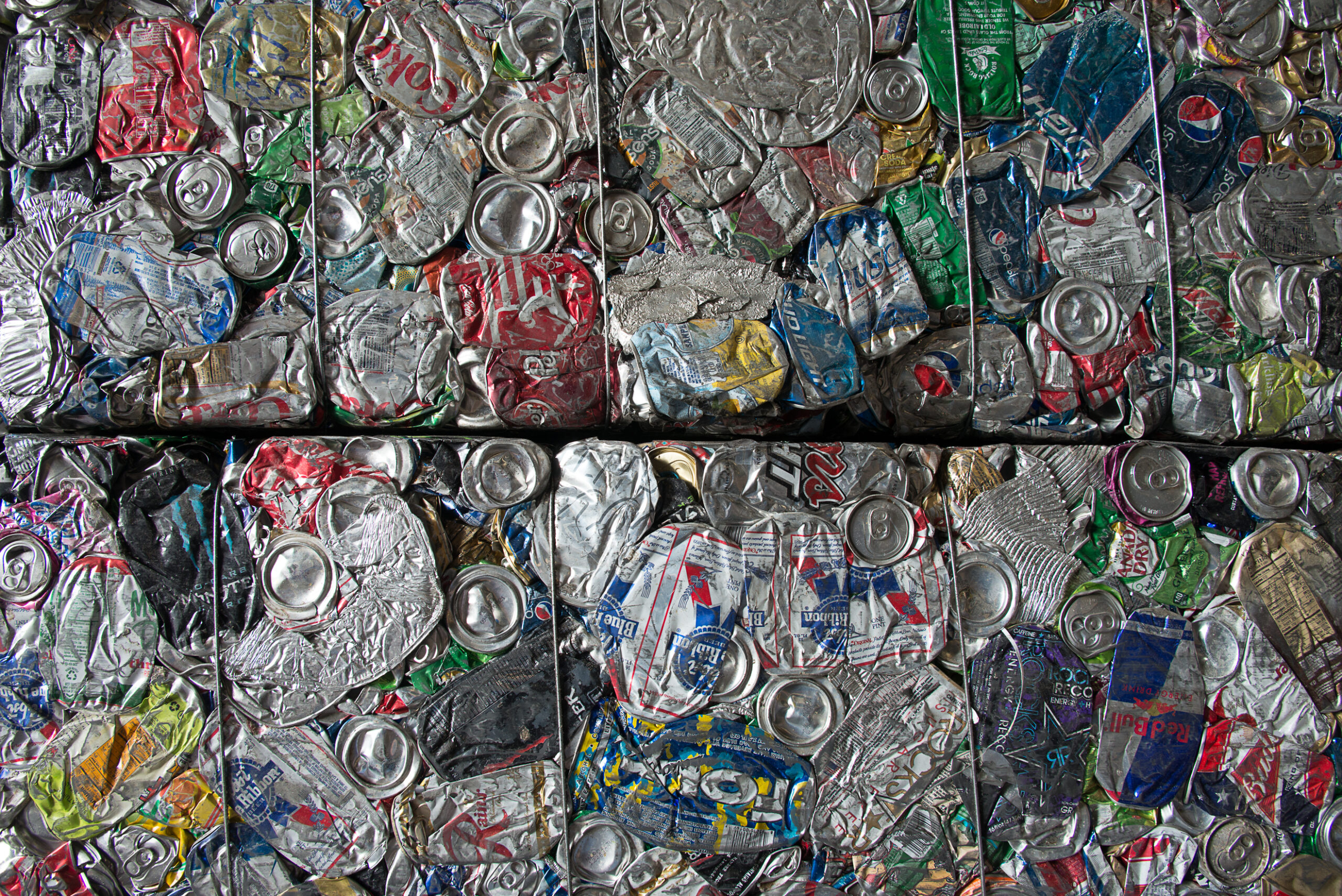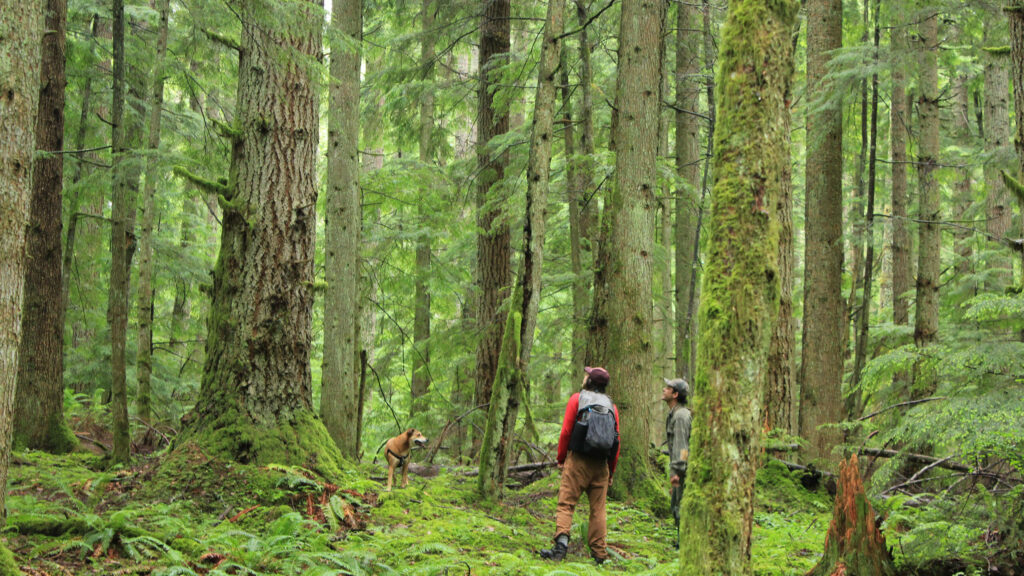Like most years, the 2025 WA legislative session brought a blend of new environmental protections and funding for climate-related projects, sandwiched between disappointing inaction on other fronts — particularly for K-12 education and environmental justice (which are both under attack from the Trump administration, leaving the critical work up to state governments).
On top of new laws, legislators passed a two-year (biennial) budget for the whole state. The successes and failures on the funding front are a little more complex, so first, let’s celebrate the laws passed this session that will benefit our ecosystems and communities for years to come.
In total, 5 of our 7 priority pieces of legislation passed, in part thanks to all of you who contacted your lawmakers! RE Sources supporters sent nearly 1,200 emails to their senators and representatives, and hundreds of you signed in virtually to legislative committee hearings to support these bills over the last 3 months. Thank you!
Did you miss out on the chance to have your voice heard this year? It’s never too late to sign up for Legislative Action Team email updates — in 2026, we’ll send weekly updates from January to April with actions you can take, lawmaker town halls, and more.

2025 WA Legislative Session wins
SB 5284: The Recycling Reform Act, one of the biggest wins this session! This bill will require packaging and paper product companies and brands to fund our recycling system. This will bring consistent and accessible recycling to all state residents. It will reduce packaging and excess waste, and create education programs to reduce confusion. Check out this explainer from the Department of Ecology for how it works. (Awaiting Governor’s signature)
SB 5033: Initiates a testing program for toxic PFAS (Per-and Polyfluoroalkyl Substances), also known as “Forever Chemicals”, in biosolids that are produced in Washington. In addition to releasing effluent, many wastewater treatment facilities across our state also produce biosolids, a waste product often repurposed as a fertilizer for croplands and gardens. A recent EPA risk assessment found that soils containing 1 ppb of PFAS could pose an unacceptable risk to human health, and multiple states have investigated the landspreading of biosolids after farmers have attributed contaminated wells, dead cattle, and crop failures to PFAS. See our one-pager on this bill here. (Awaiting Governor’s signature)
Washington is one of 14 states that had some kind of PFAS testing proposed by the legislature — that’s no small feat given that there isn’t much federal-level advocacy on this issue. It’s grassroots organizations like us that are driving these programs to protect our health. Never forget the value of taking action at the local and state level; it’s the only way a lot gets done!
HB 1670: Establishes public-facing database with maps and records of sewage spills. Soon, the public will have access to data around potentially dangerous sewage spills before on-site postings happen. In communities like Bellingham, Anacortes, and Mount Vernon, climate-driven increases in heavy rainfall means we’ll see more combined sewage overflow events. Stormwater and wastewater systems combine when overwhelmed and send stormwater containing untreated sewage into open waters where people fish, swim, work and play — this new law will keep us safer. (Awaiting Governor’s signature)
HB 1135: Ensuring that local government planning complies with the Growth Management Act (GMA). This will close a legal loophole that could prevent accountability from local governments for land use planning. Jurisdictions that run into challenges in complying with GMA should be encouraged to get support from the state rather than circumventing important GMA mandates that will help communities plan for their futures.
HB 1563: Establishing a Prescribed Fire Claims fund, allowing planned burns necessary for forest health to get insurance coverage needed. Prescribed fire reduces dead or dying vegetation, leaf litter, and small trees that can fuel wildfires. This prevents catastrophic wildfires and helps restore resilience to our forests, grasslands, and rangelands. The Prescribed Fire Claims fund lowers financial barriers to prescribed burns by establishing a state liability fund to cover claims costs for cleanup and recovery in the unlikely event of an escaped fire. Coast Salish and other peoples west of the Cascades have utilized fire for millennia to manage lowland and alpine landscapes for a variety of cultural and ecological values. Increasing the amount of prescribed and cultural burning supported statewide is a crucial step in moving toward more ecologically sound, climate resilient forest management after an era of fire suppression.

What good work got funded in the final state budget?
As the state sought to manage an anticipated $15 billion budget shortfall, there was concern that funds from the highly successful Climate Commitment Act (CCA) — which has generated almost $3 billion for climate-related projects in just 2 years, paid for by large polluters — would be raided to fill other gaps. But thankfully, Climate Commitment Act funds are remaining for their intended use.
Another key victory: Part of the CCA’s funds go into an account for Natural Climate Solutions (NCS), which are used to help protect the forests that, in return, protect us from costly climate impacts like flooding, drought, and severe wildfires. You might recall when advocates and supportive legislators secured the protection of 650 acres of Whatcom County’s mature forest for climate resilience using NCS funds in 2023. The 2025 NCS funds will be used for even more forest conservation, in the form of $23 million for carbon sequestration and forest health-related efforts:
- $10 million will go toward buying replacement state timber lands to allow for the conservation of mature, structurally complex forests. The replacement lands allow timber revenue to continue — but from less ecologically critical stands of trees.
- $3 million will go to the Department of Natural Resources for preparation of commercial thinning projects, including habitat restoration and enhancing carbon sequestration on state forest lands.
- $10 million will go toward buying replacement state timber lands for counties with “encumbered land,” or acreage set aside from the working timber base for the conservation of critical spotted owl and marbled murrelet habitat at the end of the 20th century.

Missed opportunities
Environmental Justice
Lawmakers failed to pass a groundbreaking environmental justice bill called the Cumulative Risk Burden Pollution (CuRB) Act, HB 1303. The CuRB Act is for communities who’ve borne the brunt of toxic pollution due to generations of housing discrimination and toxic facilities being sited in their neighborhoods. It would integrating environmental justice considerations into certain project decisions, giving heavily impacted people a greater voice. The bill has been before the legislature a few times before, and once again did not make it out of committee meetings in time. But bills often take several years to gain the momentum needed to become law — the work to protect overburdened communities from industrial pollution won’t stop here!
Education funding
A particularly concerning outcome of the 2025 WA legislative session is how lawmakers addressed public schools’ need for fully funding special education, transportation, and materials, supplies and operating costs (known as MSOC). Superintendent Chris Reykdal proposed a $2 billion education package, but the final package came in at $775 million, less than half of what’s needed. Reykdal’s proposal would have helped close the funding gap between urban/suburban schools and underfunded rural schools.
On top of this, the school budget also failed to include ClimeTime, the state program that RE Sources has helped implement locally, providing teachers with climate-smart curriculum to help incorporate climate science into the classroom and address students’ climate anxiety in the process.
With the legislative session completed, it’s time to redouble our efforts on local action — where much of the state-level work actually happens, and where our voices have an especially strong impact on the community. Check out our upcoming events and make sure you’re signed up to receive Action Alerts!
